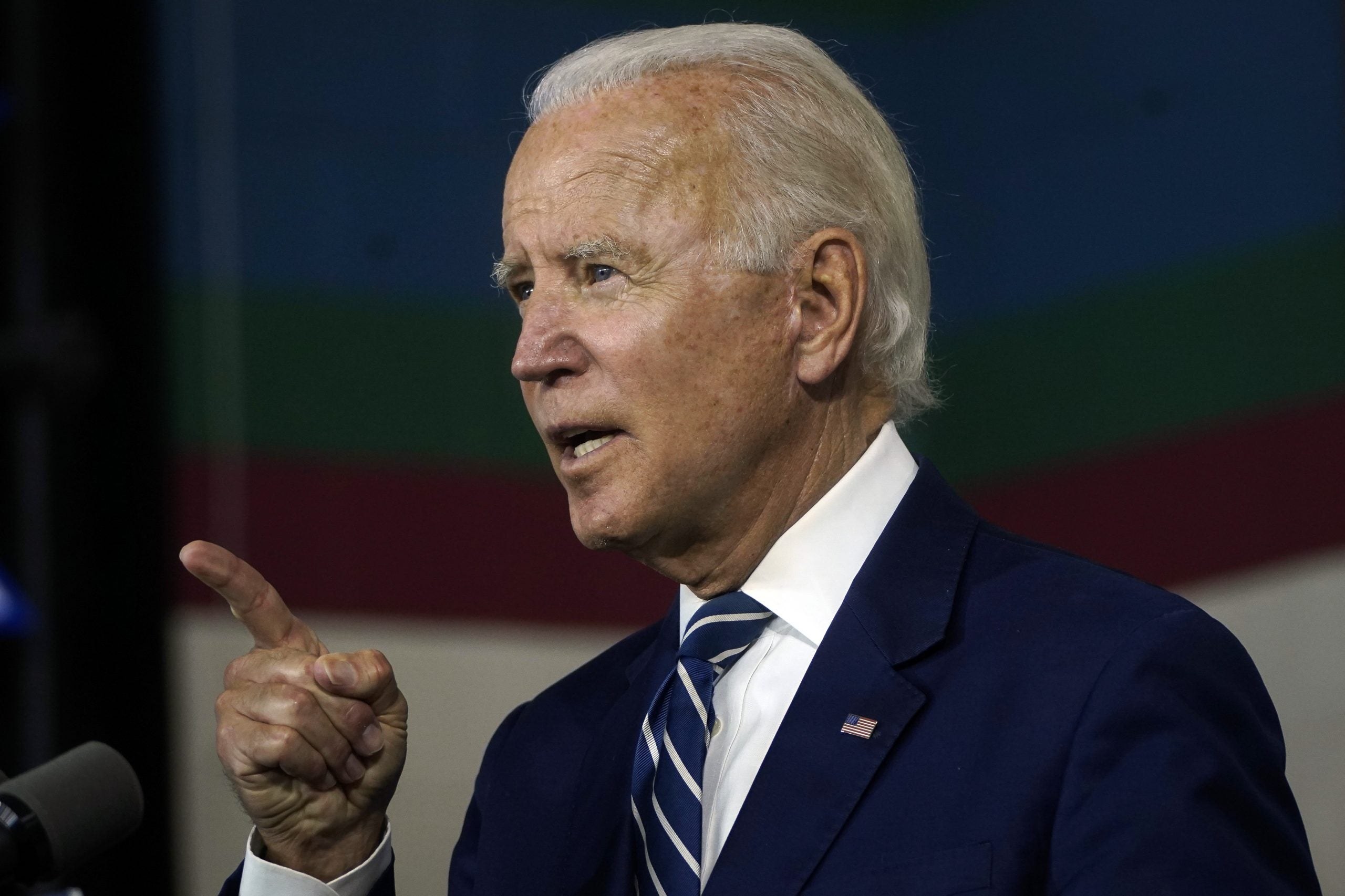
President-elect Joe Biden is assuming the presidency at a profound moment in America’s history. The country faces overlapping crises: more than 24 million Americans have contracted COVID-19, and nearly 400,000 have died. In big cities to small towns, there are lines at food banks, small businesses that have shut their doors or barely hanging on, and a growing number of Americans are experiencing housing insecurity. Moreover, the pandemic has shone a harsh light on persistent racial injustice, while recent hurricanes and wildfires, illustrate the reality of climate change.
All of these issues demand urgent action, according to Ron Klain, the incoming Administration’s Chief of Staff, which Biden will confront immediately. On Inauguration Day (January 20), the 46th President plans to take about a dozen actions to combat the four crises, “restore humanity” to America’s immigration system, and help the government function more effectively. Between January 25 and February 1, Biden plans to sign additional executive actions, memoranda and Cabinet directives.
Here’s some of what Biden’s Administration has planned for the first 10 days in office.
- Biden will ask the Department of Education to extend the existing pause on student loan payments and interest for millions of people with federal student loans.
- On January 22, Biden will direct his Cabinet agencies to take immediate action to deliver economic relief to people across the U.S. Among other things, the Administration says it will provide direct relief checks ($1,400) to support individuals, families and communities.
- Biden will have the U.S. rejoin the global Paris Agreement tied to climate change. He will also sign additional executive actions to address the climate crisis with urgency based on science.
- Biden will take action on campaign promises related to reforming the nation’s criminal justice system.
- Biden will take first steps to expand access to health care, making sure low-income women and women of color are included.
- He plans to take “significant” early actions to attack generations of inequity and support communities of color and other underserved communities. Plans include support for the hardest-hit small businesses, especially small businesses owned by entrepreneurs of color, and protecting the jobs of the first responders, transit workers, and other essential workers
- Biden will tackle immigration system and border policies in a way that “restores dignity,” and start the crucial work of reuniting families separated at the U.S./Mexico border. He will also reverse the Muslim travel ban instituted by outgoing president Donald Trump.
- Biden will launch his “100 Day Masking Challenge” by issuing a mask mandate (on federal property and for interstate travel), part of a critical effort to begin to bend the curve on COVID.
- Biden will take action to extend nationwide restrictions on evictions and foreclosures, which will provide greater stability for more than 25 million Americans who are struggling each month. Other plans include providing direct housing and nutrition assistance, expanding access to safe and reliable childcare, increasing the minimum wage, extending unemployment insurance, and giving families with kids and childless workers an emergency boost this year.
- Additionally, Biden has announced the first stages of “The American Rescue Plan,” a $1.9 trillion aggressive, two-step rescue and recovery strategy. It will also use federal funds for a public health workforce to tackle the virus, speed up vaccinations, testing and tracing. It also addresses safely reopening a majority of K-8 schools in the first 100 days; cutting child poverty in half; and create millions of what was termed “good-paying” jobs. He will also strengthen `Buy American’ provisions so “the future of America” is made domestically. It will provide emergency funding to upgrade federal information technology infrastructure and address the recent breaches of federal government data systems.